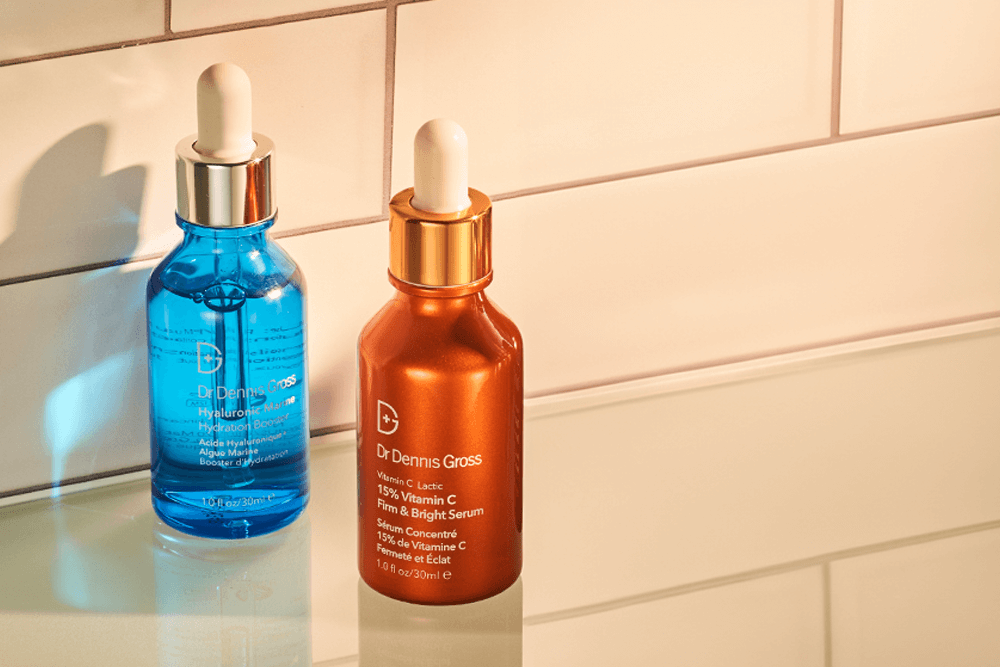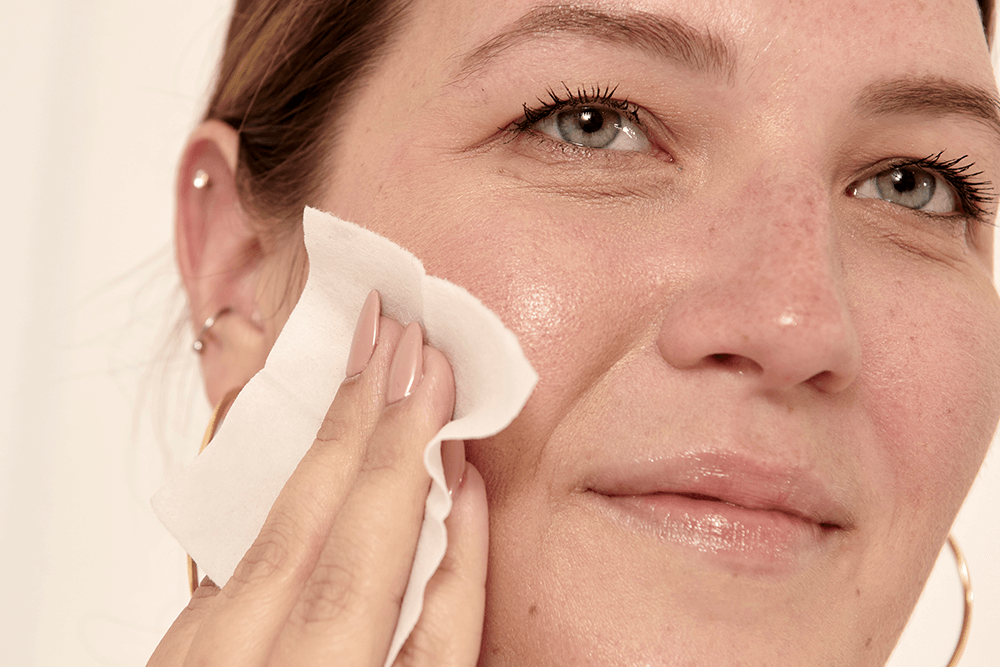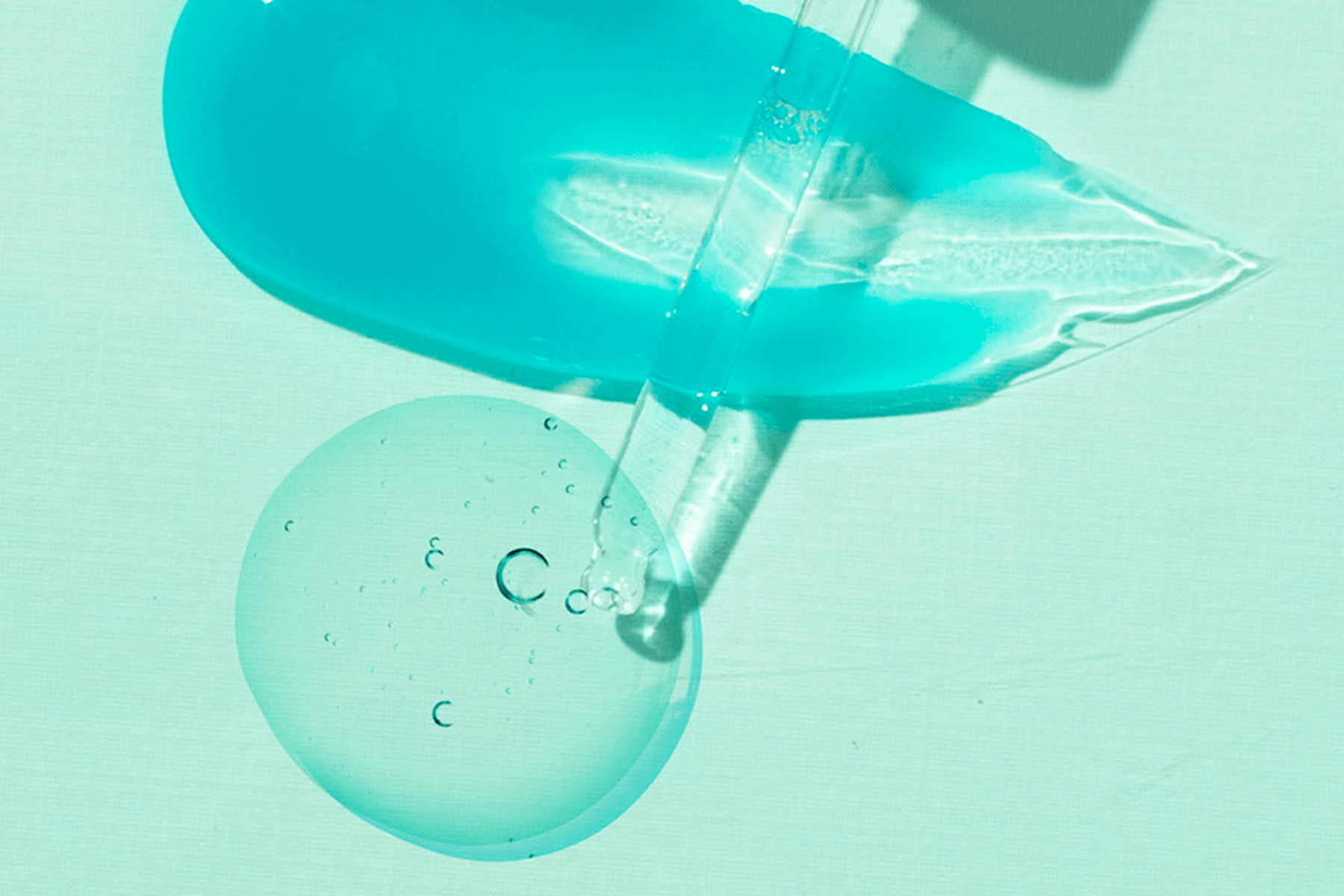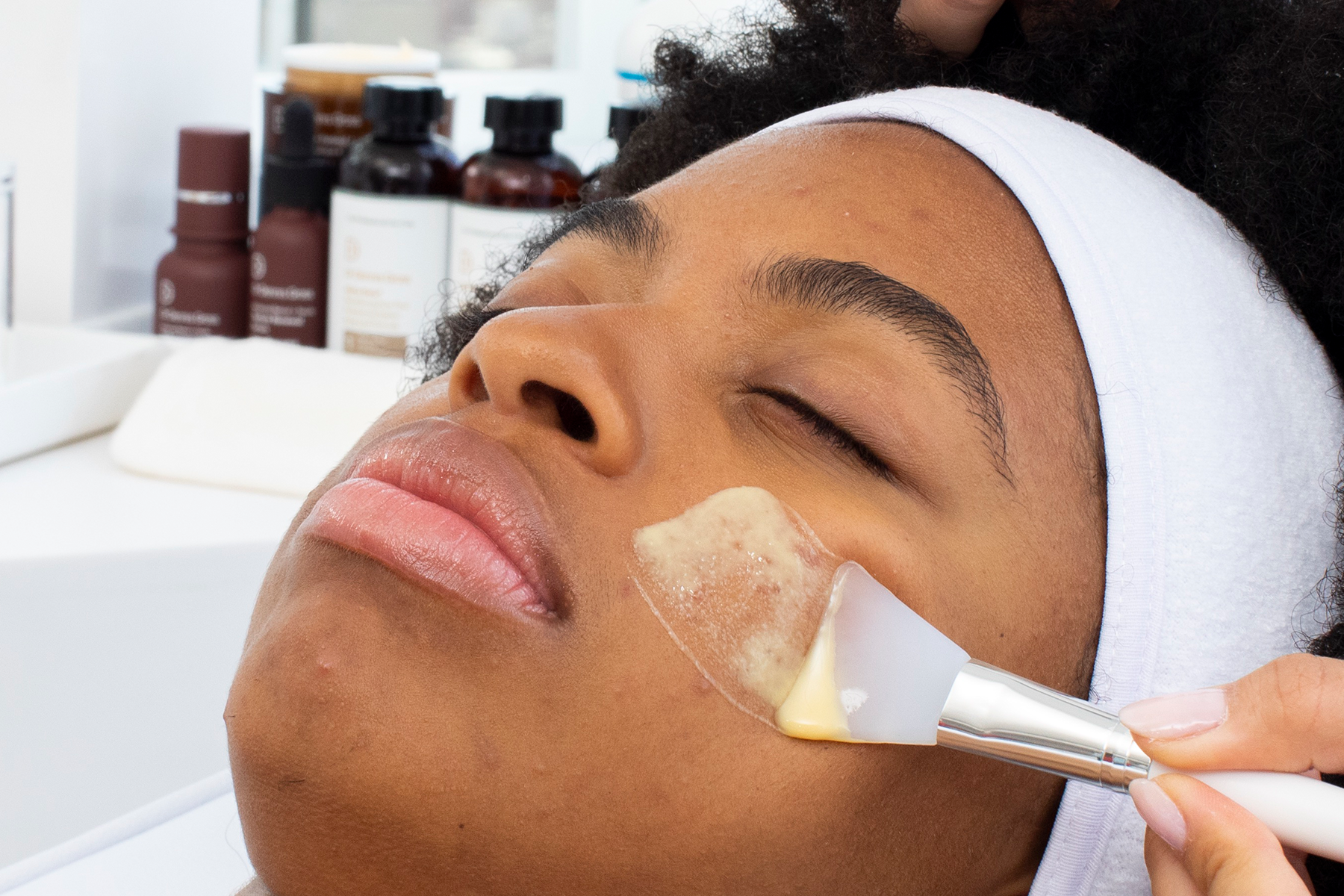The+Source
Yes, you can use hyaluronic acid and vitamin C together! Incorporating both hyaluronic acid and vitamin C into your skincare routine can provide exceptional benefits. Hyaluronic acid deeply hydrates and plumps the skin, while vitamin C brightens, protects against free radicals, and promotes collagen synthesis. When used together, they create a synergistic effect, enhancing each other’s effectiveness. To maximize their benefits, apply a hyaluronic acid serum to replenish moisture, followed by a vitamin C serum to boost radiance and protect against environmental damage. By combining these two powerhouse ingredients, you can achieve a more vibrant, youthful complexion.
What do hyaluronic acid and vitamin C do for your skin?
Hyaluronic acid and vitamin C are very different ingredients with very different benefits to skin, but each is a star in its own category. When you use them together, you guarantee your complexion immediate results, as well as long-term ones.
The properties and benefits of hyaluronic acid
- A humectant, each hyaluronic acid molecule is able to bind more than 1,000 times its weight in water
- Helps prevent transepidermal water loss (TEWL)
- Helps firm and plump skin
- Helps increase skin elasticity
- Aids in wound healing
The properties and benefits of vitamin C
- An antioxidant, it neutralizes free radicals
- Helps stimulate collagen production
- Helps control sebum levels
- Helps reduce the appearance of dark spots and discoloration
- Helps minimize the look of acne scarring
Why (and how) you should use hyaluronic acid with vitamin C
Since hyaluronic acid and vitamin C are doing different things (one is hydrating skin, the other is protecting it from external aggressors), there’s no benefit redundancy when you mix them together. It’s all upside.
The benefits of using both hyaluronic acid and vitamin C in skincare
While vitamin C is protecting your existing collagen from disappearing and also helping your body generate more of the skin-plumping stuff, hyaluronic acid is working in the present, helping skin look dewy and firm today.
The possible side effects of combining hyaluronic acid and vitamin C
On its own, topical hyaluronic acid is fairly low risk — it’s not known for irritating sensitive skin or for triggering an allergic reaction. However, high concentrations of vitamin C can sometimes upset delicate complexions. If you’re already using a vitamin C serum or other products without issue, you should be fine to add hyaluronic acid to your routine. However, if you’ve never used vitamin C before and now you want to combine it with hyaluronic acid, start with a lower serum concentration (or a cream formula) until you’re sure that it won’t irritate your complexion.
How to layer hyaluronic acid and vitamin C
Here’s a daily routine that will help you get the best of both worlds.
AM Routine
1. Wash with a hyaluronic acid cleanser: Our Dr. Dennis Gross Hyaluronic Marine Meltaway Cleanser removes even waterproof makeup gently and is oil free.
2. Apply a hyaluronic acid serum: Our Dr. Dennis Gross Hyaluronic Marine Hydration Booster is ultra-lightweight, but saturates skin with suppleness.
3. Top with a vitamin C serum: Our Dr. Dennis Gross Vitamin C Lactic 15% Vitamin C Firm & Bright Serum provides powerful antioxidant protection for the entire face.
4. Refresh your eyes with a vitamin C eye treatment: Our Vitamin C Lactic Firm & Bright Eye Treatment brightens, depuffs and smooths the eye area.
5. Moisturize with a vitamin C lotion: Our Dr. Dennis Gross Vitamin C Lactic Oil-Free Radiant Moisturizer gives skin an extra dose of protective vitamin C, a wise idea before you face the day (and free radicals).
PM Routine
1. Wash with a hyaluronic acid cleanser: Use the same Dr. Dennis Gross Hyaluronic Marine Meltaway Cleanser from your morning regimen.
2. Repeat your serum steps: Apply our Dr. Dennis Gross Hyaluronic Marine Hydration Booster, then follow with our Dr. Dennis Gross Vitamin C Lactic 15% Vitamin C Firm & Bright Serum.
3. Reinvigorate your eyes with a vitamin C serum: Our Dr. Dennis Gross Vitamin C Lactic Firm & Bright Eye Treatment targets discoloration and crepiness, in addition to fine lines.
4. Moisturize according to your skin needs: If you’re concerned about breakouts, reach for our hyaluronic acid-based Dr. Dennis Gross Hyaluronic Marine Oil-Free Moisture Cushion. If you need something richer, try our vitamin C-laden Dr. Dennis Gross Vitamin C Lactic Dewy Deep Cream.
Other complimentary skincare ingredients
Hyaluronic acid and vitamin C aren’t the only two ingredients that work well together. We thought of a few more to add to your daily mix.
Alpha and beta hydroxy acids
Almost every skin can benefit from light, daily chemical exfoliation. Gently removing the dead cells sitting on the skin’s surface not only give the complexion an immediate glow, it also stimulates cell turnover, which enhances collagen production. Because there are many types of alpha and beta hydroxy acids, our Dr. Dennis Gross Alpha Beta Daily Peels are available in different combinations, making it easy to find a formula for your specific skin needs, whether you’re a sensitive type or in search of an extra-thorough exfoliation.
Peptides
Peptides are another ingredient that help signal the body to make more collagen. The wider the variety of collagen-stimulating ingredients you use in your daily regimen, the better your chances of achieving the most significant skin results. And since peptides mix well with other skincare ingredients, they’re easy to incorporate into your existing routine. Our Dr. Dennis Gross DermInfusions Fill + Repair Serum is packed with four different peptides to help encourage collagen production.
SPF
There’s never going to be a time when we don’t tell you to wear sunscreen every single day of the year. TL;DR: SPF 30, at minimum, and consider a mineral (aka physical) formula, as studies have shown that the ingredients in chemical sunscreens may be absorbed into the bloodstream. Our new Dr. Dennis Gross All-Physical Ultimate Defense Broad Spectrum Sunscreen SPF 50 ticks those boxes, plus is oil free, sweat and water resistant, and formulated with tranexamic acid to help reduce the appearance of existing discoloration.
Light-Emitting Diodes (LEDs)
Like sunscreen, LEDs are a skincare component that benefit every skin type, texture, and tone. Red LEDs have been proven to help spur collagen formation and reduce inflammation while blue LEDs kill acne-causing bacteria and help bring down redness. An LED treatment can be completed in as little as three minutes. Since there’s no downtime, you can use your LED device daily, which is essential for ensuring noticeable results. Our Dr. Dennis Gross DRx SpectraLite FaceWare Pro is a fan favorite that treats the entire face and contains 100 red LEDs and 60 blue LEDs. If you prefer to zero in on crow’s feet and undereye sagging, our new Dr. Dennis Gross DRx SpectraLite EyeCare Max Pro has 96 red LEDs to target the entire eye area. (Note: It doesn’t contain blue LEDs.)






